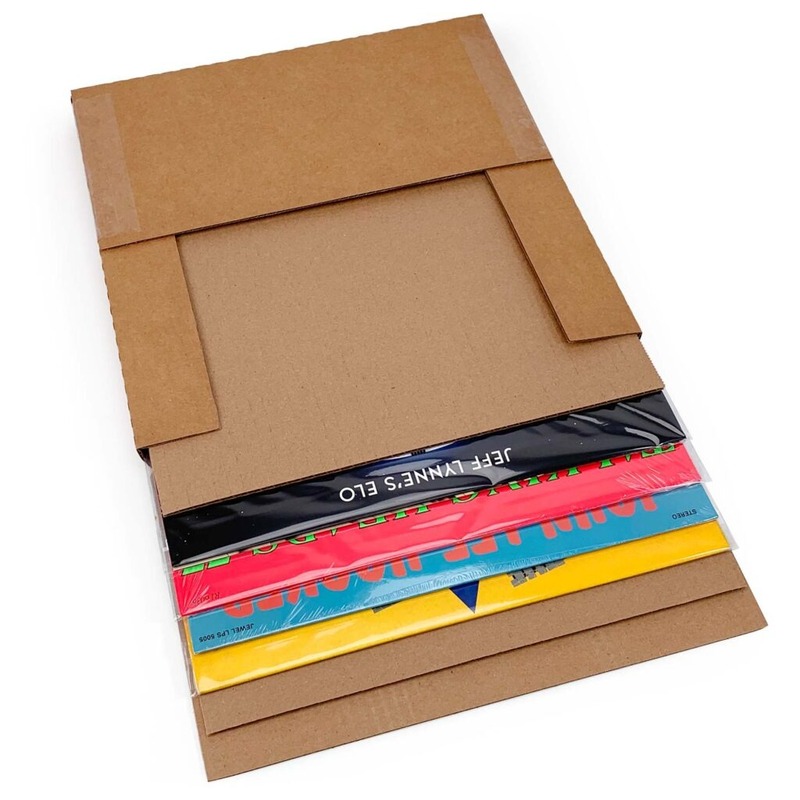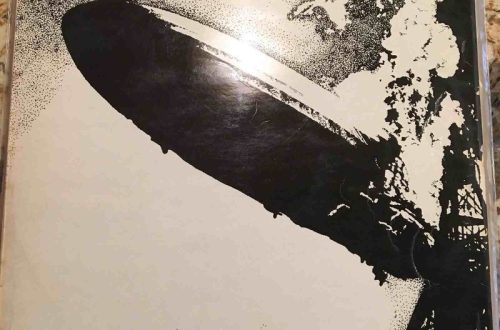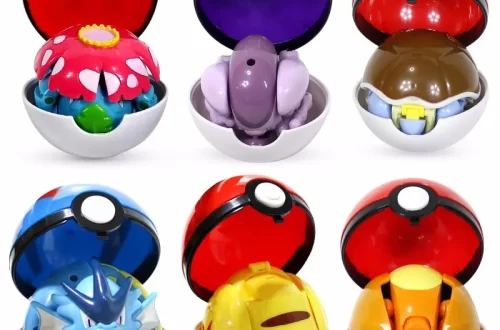Importance of Proper Vinyl Record Storage
For vinyl enthusiasts, records are more than music; they are cherished collectibles. The importance of proper vinyl record storage cannot be understated. Storing vinyl records correctly is essential to preserving their quality and ensuring they can be enjoyed for years, or even generations, to come. Proper storage protects records from wear, dust, scratches, and environmental damage. Cumulative damage from improper storage not only degrades sound quality but might render your beloved albums unplayable.Learn the best way to store vinyl records to protect your collection!
Beyond the preservation of the records themselves, proper storage also means protecting the artwork and sleeves that are part of the vinyl experience. Album covers often hold sentimental and aesthetic value, and by storing them correctly, you ensure they continue to adorn your shelves or walls in pristine condition.
Moreover, organizing your vinyl correctly supports easy accessibility. When albums are neatly stored, finding and selecting the music you want to listen to becomes a straightforward task. Use storage methods that prevent warping, shield the vinyl from excessive heat or moisture, and minimize exposure to light to maintain their value and sound quality. For the best way to store vinyl records, embrace strategies that consider environmental factors and handle records with care. Implementing the right techniques will not only safeguard your collection but also enhance your listening experience.
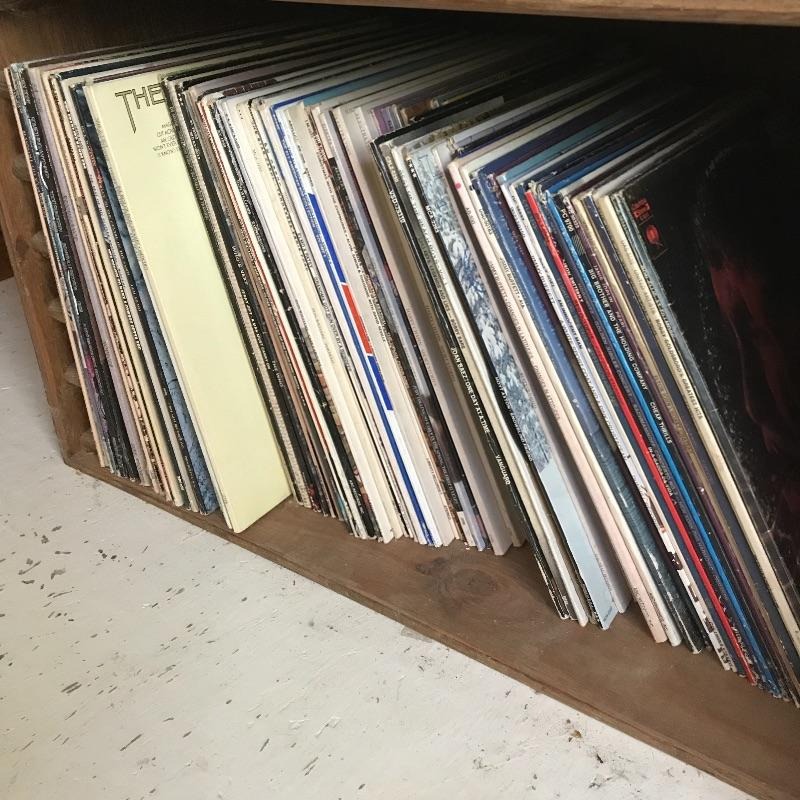
Optimal Environmental Conditions for Vinyl Records
Creating the right environment is key to preserving your vinyl records.
Temperature and Humidity Guidelines
Keep your records in cool, dry places with 65-70? F temperatures and 45-50% humidity.
Avoid extreme heat as it can cause warping and damage your vinyl.
Use a hygrometer to monitor humidity and protect records from damp conditions.
Light Exposure Considerations
Store records away from direct sunlight to prevent UV damage to the vinyl and artwork.
Choose a storage area with minimal light exposure to keep album covers vibrant.
Remember, proper conditions extend the life of your records and keep them playing beautifully.
Long-Term vs. Short-Term Vinyl Storage Strategies
When planning storage for vinyl records, think about how often you’ll use them. Those you play often need short-term storage. The ones you seldom play need long-term storage.
Short-Term Vinyl Storage Tips
Keep records you often play on a shelf or nearby. Make sure they are upright and clean. This makes them easy to grab when you want to listen.
Long-Term Vinyl Storage Advice
For records you rarely play, find a cool, dry place. Use strong shelves, crates, or boxes. Keep them vertical and use dividers every few inches to prevent pressure damage.
Proper storage strategies depend on usage frequency. Short-term needs easy access; long-term needs more protection.
Proper Use of Sleeves and Cases
Proper storage of vinyl records involves more than just placing them in a cool, dry spot. Protective sleeves play a crucial role in maintaining the condition of your records.
Inner and Outer Sleeves Explained
Vinyl records typically come with a paper inner sleeve. However, these can cause damage over time. For better protection, replace paper sleeves with anti-static plastic sleeves. These prevent dust from settling on the vinyl and reduce the risk of scratches.
Outer sleeves are also vital. They cover the entire record, including the artwork. This protects them from dust, spills, and exposure that could damage the sleeve artwork.Learn the best way to store vinyl records to protect your collection!
Importance of Using Plastic Over Paper
Always choose plastic sleeves over paper for storing your vinyl records. Plastic provides better protection against environment factors like humidity and temperature changes. It also prevents dust accumulation more effectively than paper. Plus, plastic does not degrade like paper, ensuring long-term protection without the risk of scratching your vinyl surfaces.
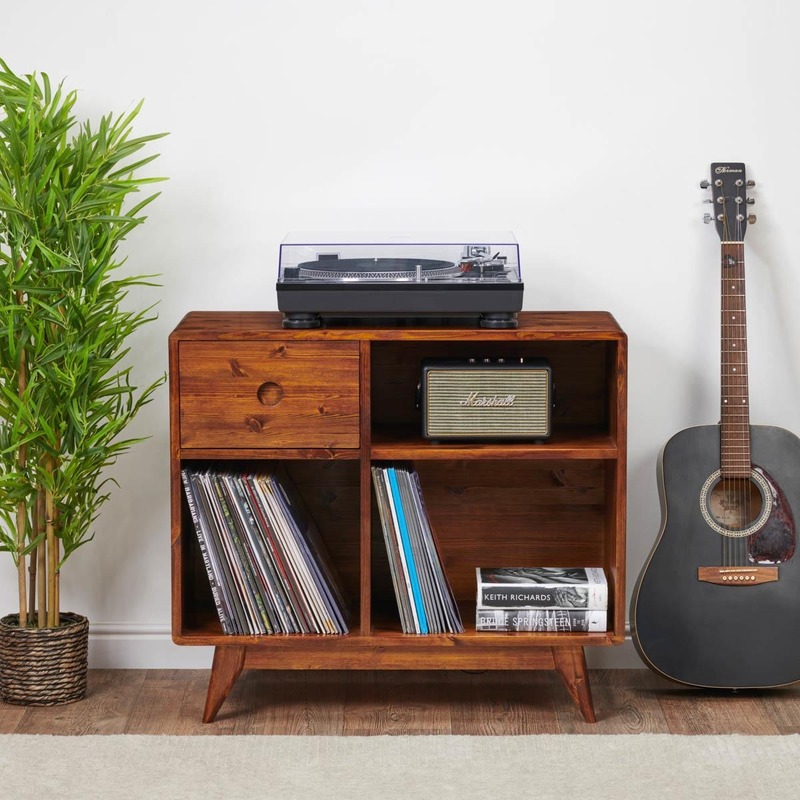
Techniques for Storing Vinyl Records Vertically
Storing vinyl records upright is vital to their preservation. Vertical storage prevents warping and uneven pressure that can damage records. Let’s explore two effective vertical storage options.
Shelf and Crate Storage Solutions
Shelves and crates are popular for vinyl storage. They keep records upright and secure. For best results:
- Choose sturdy shelves with space for dividers.
- Place records close together to avoid leaning.
- Use wood over metal to reduce static buildup.
- Ensure the shelf or crate supports the weight of your records.
Shelves and crates should be in cool, dry areas away from heat and moisture. Remember not to over stuff. Too many records in one spot can cause pressure damage.
Record Storage Boxes and Furniture
Record storage boxes offer another way to keep vinyl upright. These boxes protect records and make it easy to move them. Furniture designed for record storage can blend in with your home decor. Look for options like:
- Boxes with handles for easy transport.
- Furniture that combines record storage with room for a turntable.
- Units that provide airflow around the records.
When using boxes or storage furniture, keep them away from damp or hot areas. Use inner and outer sleeves for extra protection. This keeps dust away and prevents scratches.
Tips on Keeping Vinyl Records Clean
To ensure your vinyl records stay in top condition, it’s vital to keep them clean.
Methods for Regular Cleaning
- Gently wipe your records with a soft, anti-static cloth before and after playing.
- Use a record cleaning solution and brush for deeper cleans but do it carefully.
- Store records with anti-static inner sleeves to prevent dust buildup.
- After cleaning, place vinyl in fresh sleeves to keep them pristine.
Importance of Cleaning Before Storage
- Dirt and dust can cause scratches and affect playback quality.
- Cleaning records before storage prevents grime from setting in the grooves.
- Ensures your records are ready to play whenever you want.
- A clean record is less likely to damage the needle or turntable.
Protecting Vinyl Records from Heat and Sunlight
Avoid exposing your vinyl records to heat and sunlight. These elements can severely damage your collection.
Avoid Heat to Prevent Warping
Keep vinyl away from heat sources like radiators and sunny windows. High heat can warp records.
Sunlight Can Fade Artwork
Direct sunlight not only heats your records but can also fade sleeve artwork. Find a shady spot.
Use UV-Protective Covers
Consider using UV-protective covers if your storage area has some light exposure. They block harmful rays.
Choose a Cool Storage Area
Aim for a storage space that remains cool and steady in temperature. Basements can be ideal.
Keep an Eye on Storage Conditions
Regularly check your storage area’s temperature and sunlight exposure. A thermometer can help.
Rotate Displayed Records
If displaying records, rotate them to minimize sun damage. Don’t leave the same record exposed too long.
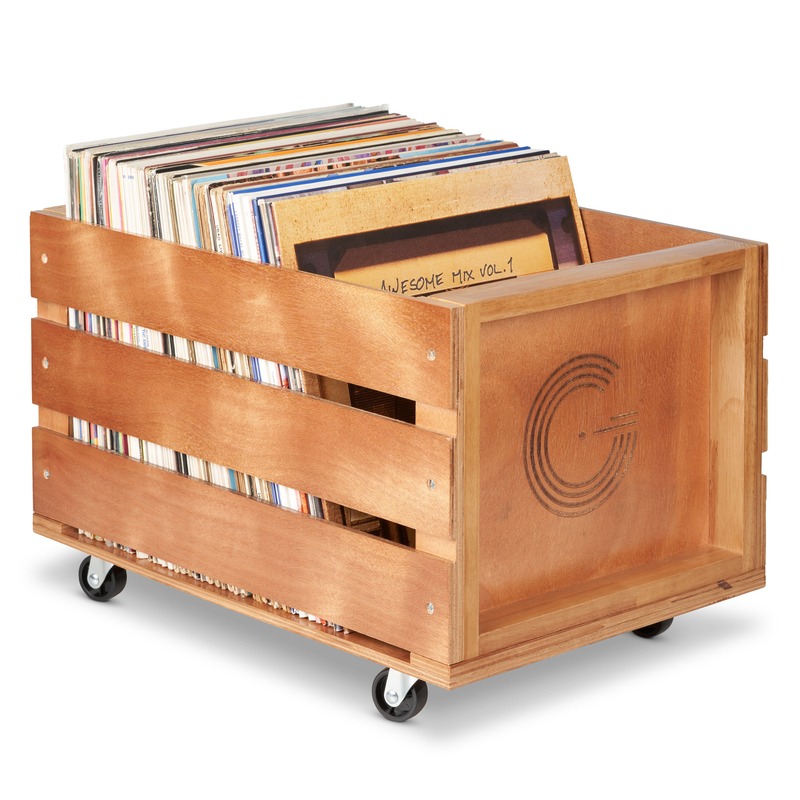
Displaying Vinyl Records with Art Frames and Stands
For vinyl lovers, showing off their collection is part of the joy. Using art frames and stands not only enhances your home decor but also honors the album artwork. Here are ways to display your records beautifully and safely:
Art Frames for Elegant Display
- Use art frames made for vinyl records to showcase album covers.
- Choose frames that allow easy access to your records.
- Rotate displayed records to avoid prolonged exposure to light.
- Select frames that complement your room’s style.
Stands for Practical and Stylish Storage
- Opt for stands that store records upright and prevent warping.
- Pick a stand design that fits your living space and record player setup.
- Ensure the stands provide enough support and balance for your records.
- Organize your collection by genre or artist using stands with dividers.
Combining Function and Aesthetics
- Look for furniture that doubles as record storage and a display piece.
- Consider multi-purpose stands that hold a player, records, and speakers.
- Custom-build or buy pieces that match your other furniture.
- Create a dedicated vinyl listening area with comfortable seating and good lighting.
Display solutions like these celebrate your music and add character to any room. Keep in mind the best way to store vinyl records is in a spot that’s cool and dry. Also, avoid direct heat and too much light. This way, your records look great and stay in top shape for playing.Learn the best way to store vinyl records to protect your collection! Explore tips on temperature, humidity, storage solutions, and more.
